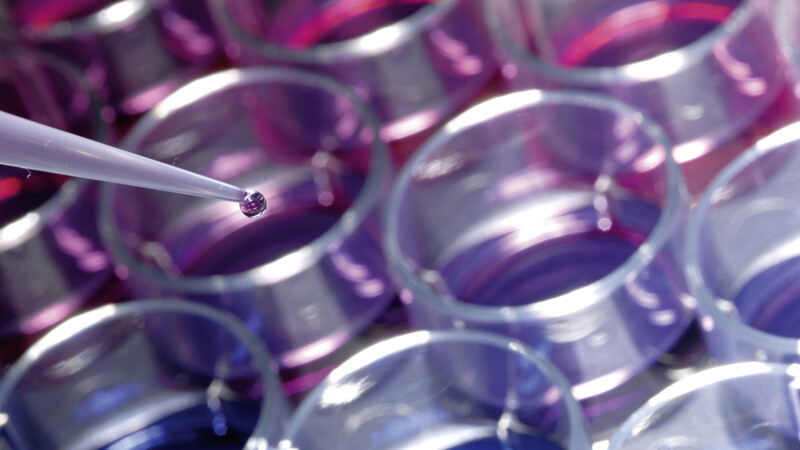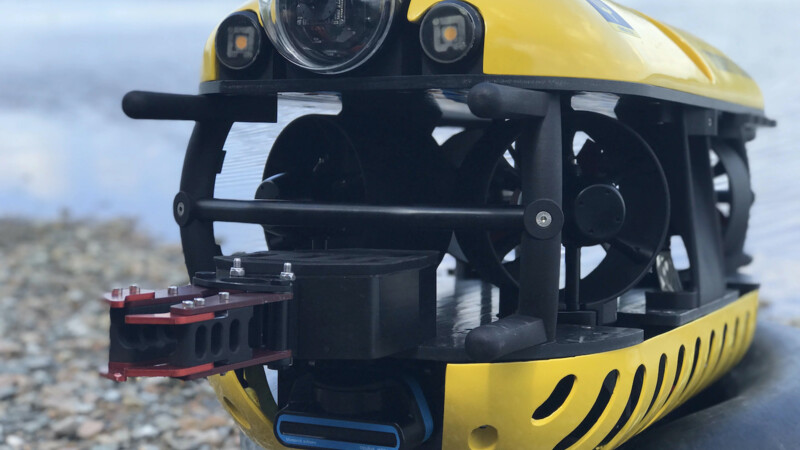The "Society for Marine Aquaculture" (GMA) has been part of the Fraunhofer-Gesellschaft, which comprises 76 institutes and research facilities, since early 2022. "The world-renowned Fraunhofer-Gesellschaft is the largest European institution for applied research. That is quite a distinction," Schulz pointed out. Although the name will be dropped soon, research is set to continue into alternative feeding strategies, designing environmentally-sound husbandry systems and assessing fish health and welfare in aquaculture facilities.
Aquaculture research in Hamburg focusing on fish as vegetarians
The world population is estimated to exceed 8 billion by November 2022 and the United Nations expects yet another rise to around 10.4 billion people by 2080 when it will level off until 2100. However, all these people still have to be fed. Given this backdrop, aquaculture, which involves rearing aquatic animals such as fish, mussels, crustaceans or aquatic plants like algae for food, is gaining popularity. "But we are at the limit with a current annual catch of 85 to 90 million tons," said Carsten Schulz, Professor of Marine Aquaculture at Christian Albrechts University in Kiel and Director of the Fraunhofer Research Institute for Individualized and Cell-Based Medical Engineering (IMTE), Aquaculture Research in Büsum.
Fraunhofer's latest branch now in Büsum

Predatory fish as vegetarians
Developing alternative feeding strategies is a challenge for researchers. Predatory fish are hypercarnivorous and prey on perch or salmon which may seem like small fry when compared to bigger targets like sharks. However, feeding fish meal or fish is counterproductive as stocks are limited. "We need alternatives, and we are looking for them in the plant sector," said Schulz. The idea is to turn predatory fish into vegetarians. Yet, fish often cannot absorb the nutrients found in plants. "We are experimenting with different plants like wheat or rapeseed, but we might have to 'modify' them with additives." Schulz has expressed optimism about the general development of the natural fish stock. "The proportion of overfished areas is declining at present. We have learned from our mistakes and are now talking about a cautiously positive global trend." Problematic areas still exist, he added..
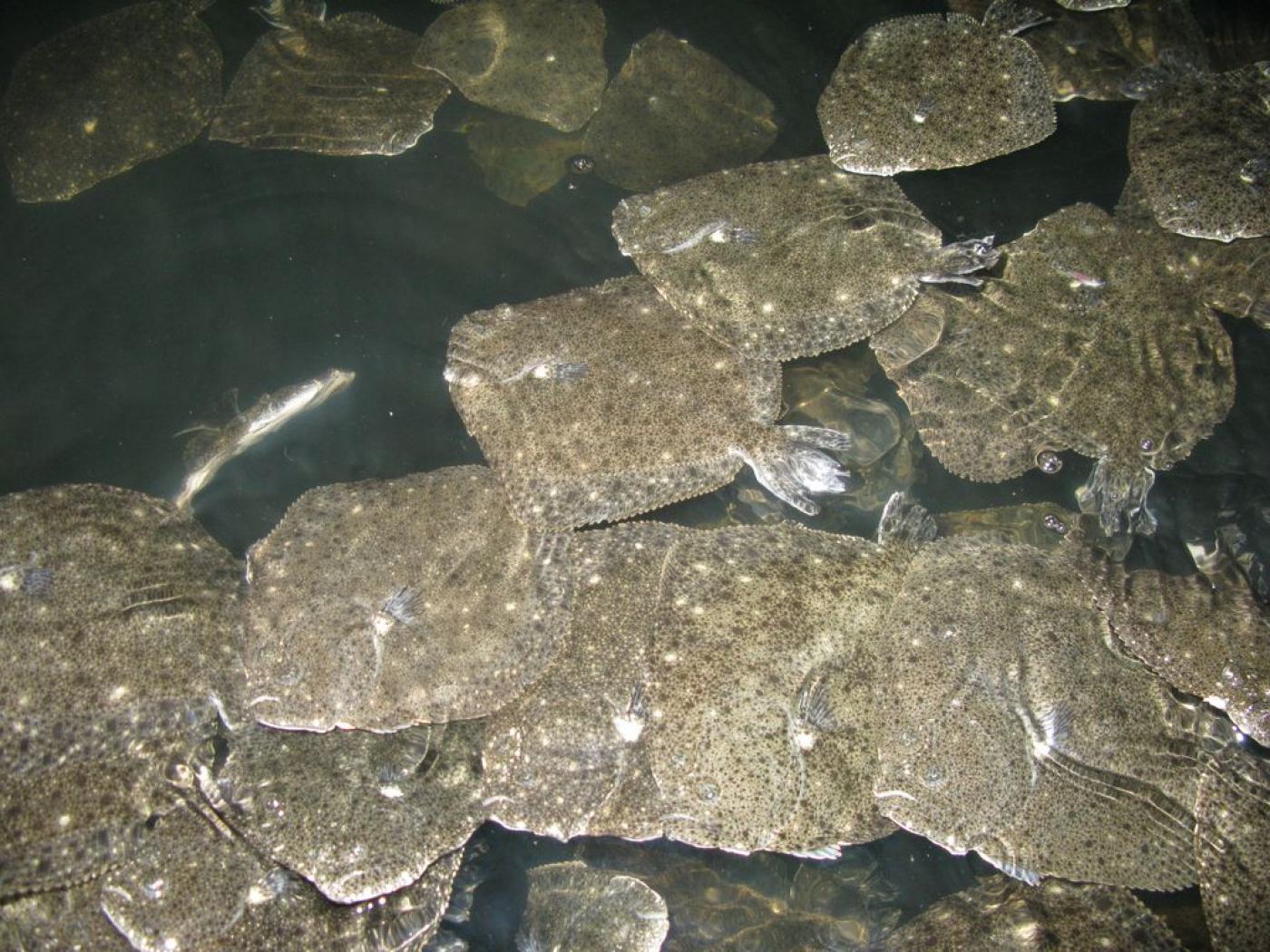
Aquatic circular economy
IMTE is a member of the Bioeconomy on Marine Sites Association (BaMS) that aims to raise awareness of a blue economy, i.e., the production and use of marine and aquatic biological resources to provide products, processes and services in all economic sectors. IMTE, which is managed by the Christian Albrechts University in Kiel, has received EUR 20 million in funds from the German Ministry of Education and Research. Several companies and research institutions joined forces in 2019 to develop new approaches for an aquatic circular economy. "To this end, we have identified 14 cross-cutting topics that we are pursuing in various collaborative projects," said Schulz, who is the first chairperson. The BioFiA project focuses on improving aquatic husbandry conditions by using bioindicators while the BALI biorefinery concept allows for the economic and sustainable use of regional algal biomass. Another project entitled Aquator is developing a business accelerator for the blue bioeconomy.
World market leader in Lübeck
The importance of the maritime economy should not be underestimated, Schulze stressed. And the same applies to the Hamburg Metropolitan Region. "We are viewing the entire process chain - from the grain of wheat to the end product. And value creation in northern Germany is growing whether in the animal feed industry, processing, and manufacturing the machines and equipment needed for that." Some companies are already making an impact far beyond the metropolitan region. Baader GmbH in Lübeck, for instance, is considered a world market leader in fish processing machines.
ys/pb
Sources and further information
More
Similar articles
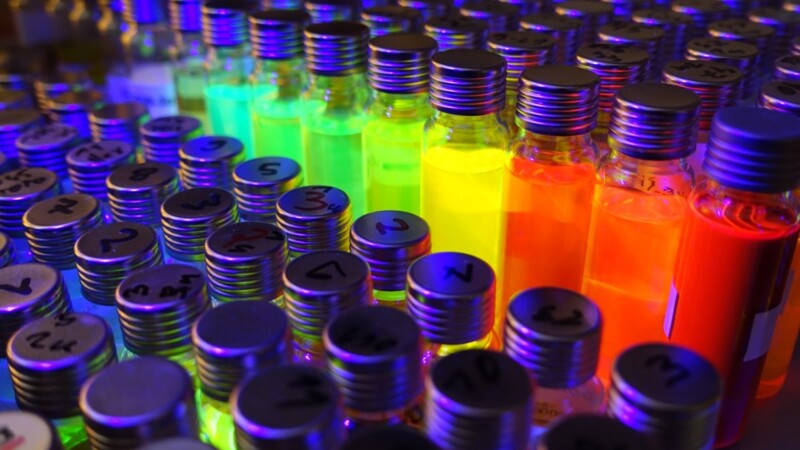
IAP CAN holds huge opportunities
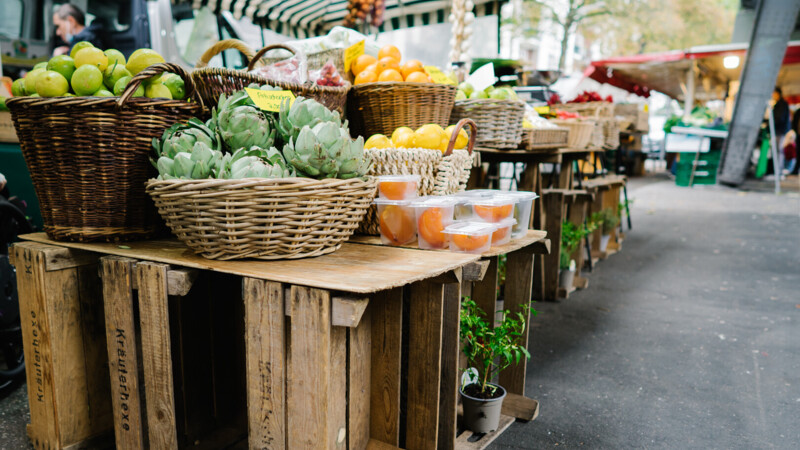
Senate plans new food cluster to boost industry in Hamburg
